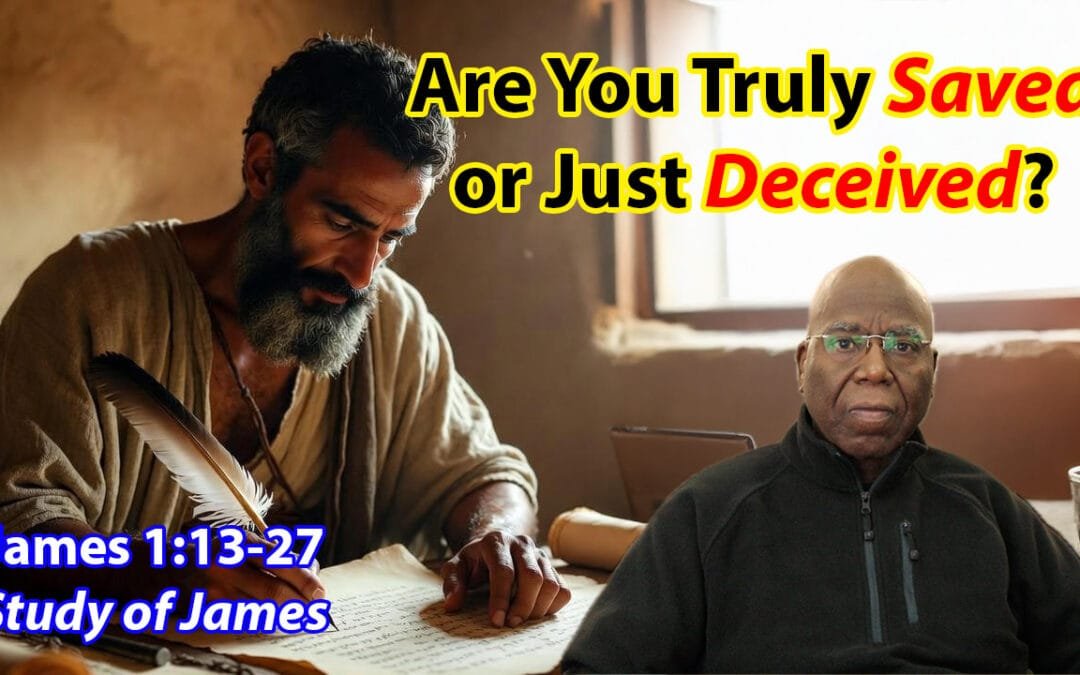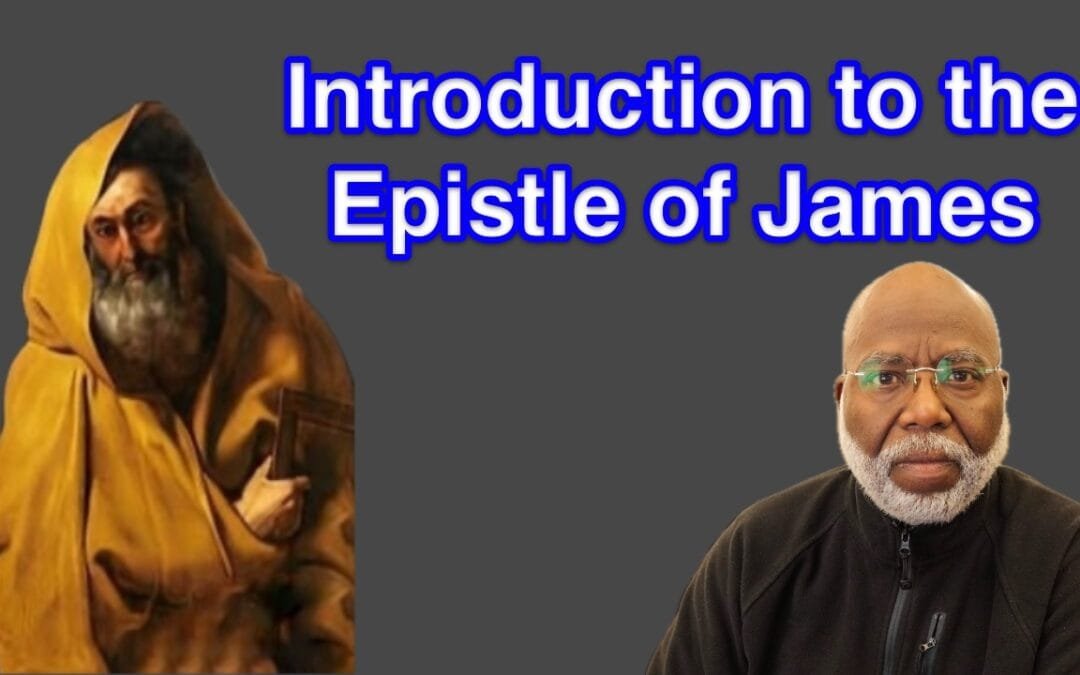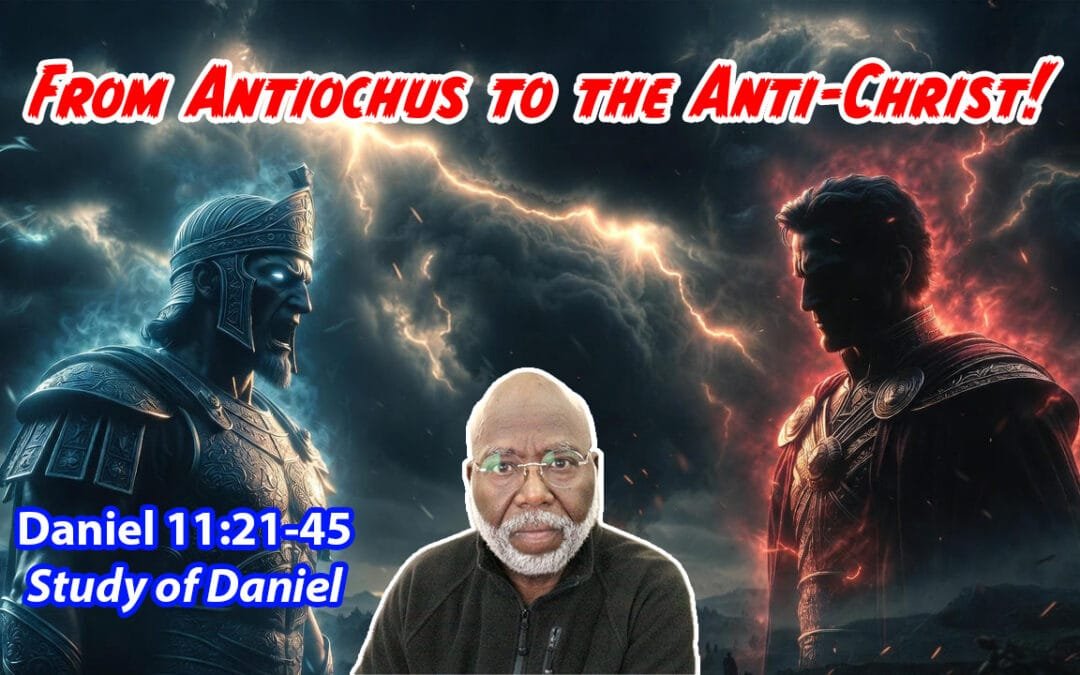
Free Lessons, New Testament, Study of James
James 1:13–27 teaches that God is never the source of temptation; temptation arises from human desire and leads to sin and death. God, by contrast, is the unchanging giver of every good gift and brings new life through the word of truth. Believers are called to receive this implanted word with humility, responding not as mere hearers but as doers. True faith is demonstrated through obedient action, self-control, compassion toward the vulnerable, and moral purity from worldly corruption—this is what constitutes genuine religion before God.

Free Lessons, Greek Exegesis, New Testament, Study of James
James 1:1-12 addresses Jewish believers scattered abroad, calling them to regard trials as occasions for joy because testing produces endurance that leads to spiritual maturity. He urges believers to seek wisdom from God with unwavering faith, warns against double-minded instability, and assures that perseverance under trial results in God’s approval and the promised crown of life for those who love Him.

Free Lessons, New Testament, Study of James
Introduction to the Epistle of James

Free Lessons, Old Testament, Study of Daniel
Daniel 12 presents the final climax of Daniel’s visions: a time of unprecedented distress in which Michael arises to protect God’s people, followed by the resurrection of both the righteous and the wicked for judgment. The prophecy is sealed until the end, when many will diligently search it and understanding will grow. The chapter emphasizes purification through tribulation, God’s sovereignty over appointed times, the ultimate vindication of the faithful, and the certainty of final judgment and resurrection.

Free Lessons, Old Testament, Study of Daniel
Daniel 11:21–45 traces the rise of a ruthless ruler—first fulfilled historically in Antiochus IV—whose actions foreshadow a later, greater tyrant: the Antichrist. The passage describes deceit, political manipulation, military campaigns, persecution of God’s people, and a climactic final conflict. It shows how history previews future prophecy and affirms God’s sovereignty over both past and future rulers.






